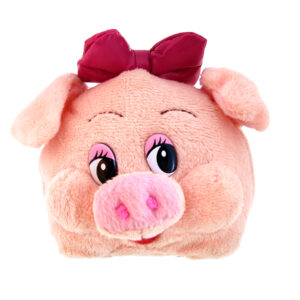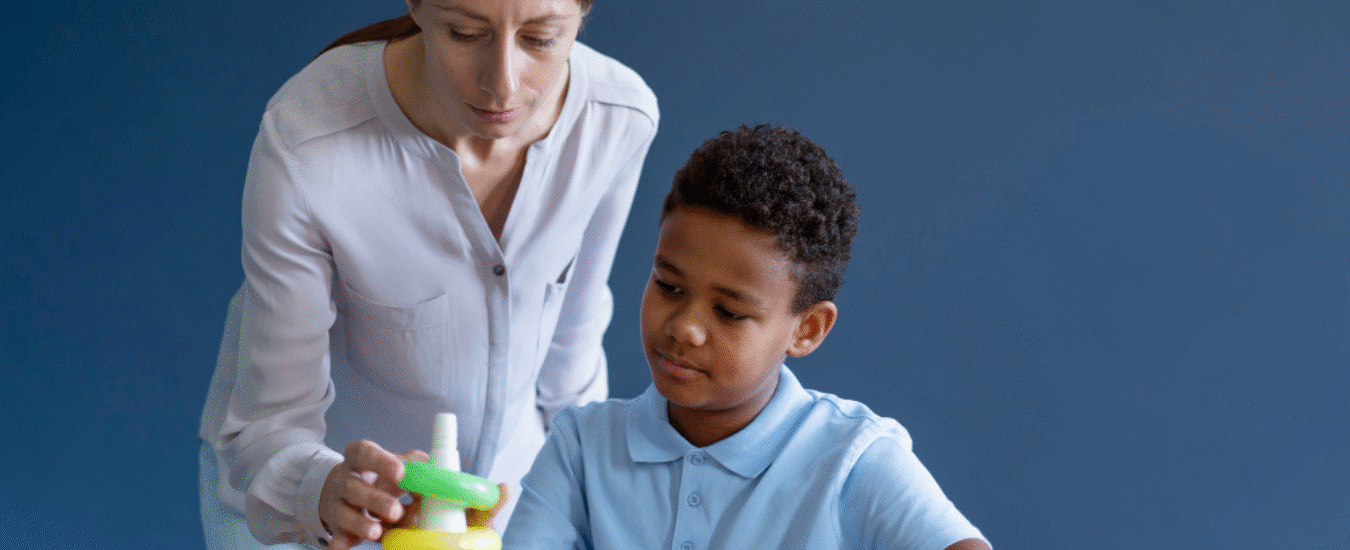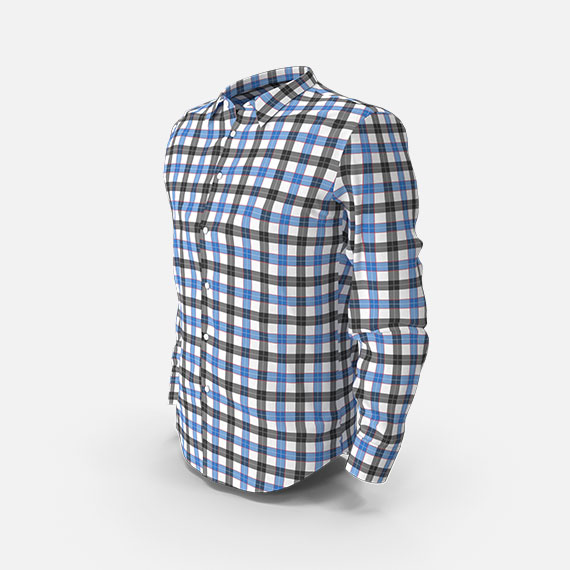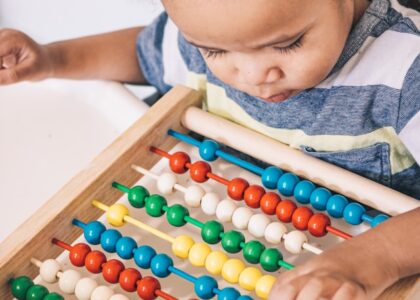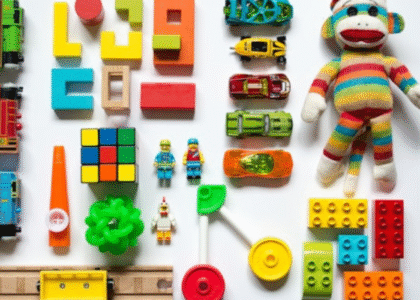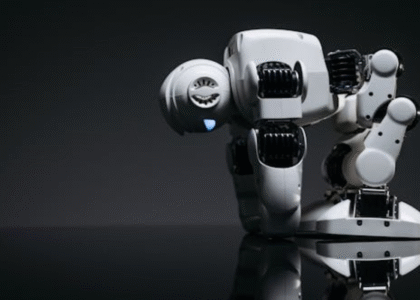Every child deserves the joy of play—and for children with special needs, the right toys can do more than entertain. They can support therapy goals, build skills, and offer a safe space for self-expression and growth.
At Fun Factory, we believe in inclusive play. Here’s how thoughtfully designed toys can make a meaningful difference in the lives of children with special needs.
1. Sensory Toys: Calming and Stimulating
Children with autism, ADHD, or sensory processing challenges often benefit from sensory toys that provide tactile, auditory, or visual feedback.
Examples:
- Fidget tools to improve focus and reduce anxiety
- Textured balls or chewable necklaces can satisfy sensory-seeking behaviors.
- Light-up or sound toys that engage visual/auditory senses in a controlled way
Tip: Look for toys branded “sensory-safe” and verify they are constructed of non-toxic, long-lasting materials.
2. Developmental Toys for Fine and Gross Motor Skills
Motor skills can be a developmental hurdle for many children with conditions like Down syndrome or cerebral palsy. Toys that encourage reaching, grasping, stacking, or pushing can help build muscle control and coordination.
Examples:
- Stacking blocks
- Push-and-pull toys
- Bead mazes and shape sorters
- Play dough kits to strengthen hand muscles
3. Communication-Building Toys
Toys that promote communication—verbal or non-verbal—can support speech therapy goals or help non-verbal children express themselves.
Examples:
- Picture card matching games
- Cause-and-effect toys (e.g., press a button and something happens)
- Role-play sets to encourage storytelling and social interaction
4. Inclusive Play: Promoting Social Skills
Play is a powerful teacher of social rules like turn-taking, sharing, and empathy. Board games, dolls, and cooperative building sets can help children learn to engage with others at their own pace.
Bonus Tip: Try using adaptive board games with simplified rules to meet your child’s specific learning needs.
5. Adaptability & Safety First
Toys for children with special needs should be:
- Easy to grip and manipulate
- Free from choking hazards
- Safe for mouthing or chewing (for oral sensory needs)
- Able to grow with the child (multi-functional and age-flexible)
Look for toy companies (like us!) who are actively developing inclusive designs with therapist input.
Final Thoughts
There’s no one-size-fits-all toy—but with a little guidance and care, the right toy can open up new worlds of learning, confidence, and joy for a child with special needs.
At Fun Factory , we’re committed to building toys that embrace diversity and support every kind of play






